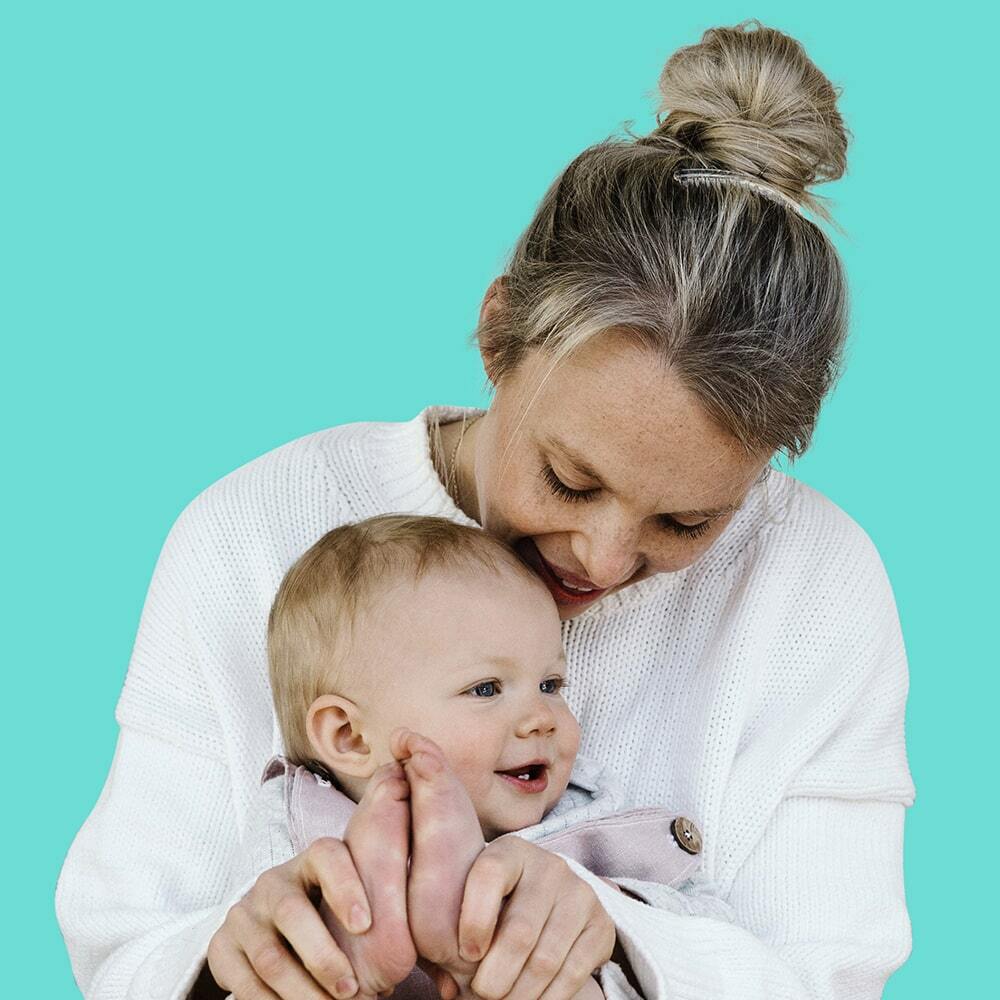Everyday resilience
Suellen Peak
Founder and Director; The ART Space
BA, BSW, GRAD. DIP. INTERNATIONAL & COMMUNITY DEV. MAPP

Feeling resilient and being resilient are not exactly the same. When resilience is called on, we may actually feel like we are not moving forward, it may look messy and chaotic or we may be saying to ourselves and others that we are not coping. But when you look at how you are being resilient, you may actually notice that you are drawing on core beliefs, values, strengths, hope, optimism, love and even passions to propel you forward. These values and character strengths are the foundations of who you are and why resilience is an everyday ordinary habit.
Cultivating resilience is a personal journey. What works for you may not work for someone else.
Being resilient is about trying different things for different times in your life.
If something is not helping, the most important thing is to try again or try something else. This is resilience in action.
So rather than just putting your head into the wind and soldiering on, here are 10 ways to help you cultivate everyday resilience to support your fertility journey.

How to cultivate everyday resilience
Create a fertility mindset
Let’s be honest here, there are examples abound of people who do not struggle to get pregnant. They are everywhere! But as uncomfortable as this is to take on board, your reality is likely to be full of effort and heartache. Letting go of the image of what you wish it could be is an important first step.
A fertility mindset is built on facts, evidence, knowledge and acceptance of your personal experience. Embracing things as they are and taking steps to plan for the journey ahead will help you to stay grounded in your reality and help you to avoid the negative feelings that can arise through comparison to others. Think realistically and openly about the time, effort and resources you need to fully explore your fertility. A fertility mindset is all about getting clear on your priorities and saying no to distractions that take you away from you core goal.
Embrace alternative measures of success
One of the most common feelings that arise during fertility treatment is that when a positive pregnancy result is not achieved, everything is painted with a feeling of failure. It is important to think about your measures of success while doing fertility treatment. Trying a new treatment, exploring the timing of intercourse, using acupuncture or changing lifestyle factors may not have obvious or measurable outcomes, but each and everything that you are trying is a step forward.
Every conscious action or change you make is a moment to stop, reflect and give yourself a pat on the back. Catching these micro moments of pride, joy and happiness can help to combat negative feelings, giving you a much needed lift to sustain your effort.
Plan for a marathon, not a sprint
The start of a new cycle brings hope that this month will be “the” last. You may even start to dive into future thinking about what it will feel like to be pregnant, when you will announce your exciting news or what it might be like to tell work that you are going to take maternity leave. Acknowledging that this is important thinking but that you are not there yet, can help you to slow down your futuristic thoughts and help you to focus on the road ahead. Think about the pace and speed of your efforts. Consider whether all the appointments, tasks, hobbies and social commitments that you have can be maintained in the long term. Remember, a successful marathon is about a sustained effort. Doing too much, too quickly or too often, can deplete your energy, leaving nothing in the tank to get you to the finish line.
Self-care audit
In our busy, fast paced world, taking care of yourself has become a luxury rather than a necessity. If you find that your life has turned into one big “to do” list, it really is time to do a self-care audit. Think about what nourishes you and puts energy back into your emotional tank. It might be taking a walk in nature, spending time on your own, having a good belly laugh with friends or digging up the garden. Whatever it is, it is important that through your fertility journey, these activities are given as much priority as you give to your work, attending meetings or seeing your doctor. Self-care is knowing when you are feeling depleted and actively doing things that give life to your life.
Celebrate small wins along the way
If you have been trying to conceive for some time, chances are that your brain has started to shine a spotlight on all the things that are not going well. This negativity bias actively filters out alternative information, leading to feelings of hopelessness and helplessness. Even if you tune in to something that has gone well, you may find that you do not allow yourself to feel excited for fear that it will be taken away. Denying ourselves this small momentary upward lift means that our brains and our bodies continue to experience our outside world as a threat. We remain in a state of fight and flight. Celebrating and acknowledging what has gone well, even if it’s finding a car park and getting to an appointment with your doctor on time, is a moment to communicate with your mind and body that this moment, right now, is actually ok!
Take a break
Think back to your last holiday. Do you remember that moment when you noticed that the sun seemed brighter, the world seemed nicer and the days seemed longer? Holidays provide time out from our lives and help us to reconnect to each other and the world around us. When you are on the fertility clock, taking a break can feel like the worst possible piece of advice. But, just like time away from work, time out from trying to conceive can have a number of positive benefits. Your body and mind work together constantly. Giving both the opportunity to rest and recharge is an act of kindness and self-compassion. Remember that a break does not have to be an extended period of time. It might be a day, a weekend or a month where you actively dedicate time to doing things unrelated to getting pregnant. Whatever it is that you do, it is about giving your mind and body a break from the effort of trying to conceive.
Talk about your feelings
Our culture, society and family of origin all play a significant role in how we express our emotions and feelings. For most people, the expression of positive emotions comes easily and effortlessly. But when it comes to talking about more complex human emotions such as shame, despair, and worthiness, reaching out and opening up can make us feel deeply vulnerable. But, withholding our feelings and emotions can make us feel like a pressure cooker. Eventually, the valve needs to be released. Confiding in a close family member, keeping a journal, talking to a best friend or engaging the help of a professional on a regular basis can create ways to let off steam. Expressing your feelings can help you to know yourself more deeply and this can lead to greater insight and self-awareness.
Surround yourself with a network of people who can support your journey
Human beings are hardwired for connection. Forming strong ties with family, friends, colleagues, neighbours and our community is important, if not essential for our mental and physical health. During your fertility treatment you may find that some connections serve you better than others. Taking a step back from relationships that are not serving you is an act of courage.
Don’t be afraid to set boundaries with people and give them some guidance on what you need, especially what is and isn’t ok to talk about. Real friends appreciate openness and honesty and will not be offended if you give them a gentle nudge in the right direction. While being on your own might feel like a helpful strategy, isolation and going it alone is detrimental to our happiness and erodes wellbeing in the long term. Build a scaffold of key people around you, so that when you feel like you have the wobbles, your tribe of loved ones can hold you upright.
Invest in other life pursuits that bring joy, happiness, engagement and wellbeing to your life.
Let’s face it, you probably wish that you could press pause on everything else that is going on in your life and just focus on getting pregnant. Let’s think about this for a minute. What would each day look like if this wish came true? The richness of life comes from engaging in a range of experiences. Actively pursuing other life goals and activities brings opportunities to fill up your emotional and psychological tank, while also creating opportunities to feel a sense of achievement, mastery and accomplishment in other life domains. Avoid the temptation to put everything on hold until after you achieve a pregnancy and consider what you can do now, that can help you feel alive and vital.
Talk openly and regularly about Plan B.
Living a life that is not a mirror match for your blueprint is difficult to contemplate. Talking openly and honestly about Plan B can help take the fear out of the unknown and can help you to think about how your values and strengths can be used in new and novel ways.
Actively exploring what your Plan B looks like can help you to journey into new territory.
This might include discussions about assisted reproductive treatment, using donor eggs, sperm or embryos, surrogacy, foster care, adoption or exploring a life without children. Remember just because you talk about it doesn’t mean it is going to be the life that you end up living. Considering a plan B might just help you to know that there are other options and this can be helpful in lightening the load.
Everyday resilience is all around us. Take a moment to tune into what you and others around you are carrying. By engaging your curiosity, employing kindness and compassion, you will begin to understand that you have all the tools and strategies to get through this moment.
About the author
Suellen Peak is the founder and director of The ART Space. A Masters Qualified Positive Psychology Practitioner and accredited mental health social worker, she has 19 years of experience in case management and counselling with individuals and couples.
References
Coutu, D. L. (2002). How resilience works. Harvard business review, 80(5), 46-56.
Duckworth, A. L., & Eskreis-Winkler, L. (2013). True grit. Aps Observer, 26(4).
Miller, C. A. (2017). Getting grit: The evidence-based approach to cultivating passion, perseverance, and purpose. Sounds True.
Reivich, K., & Shatté, A. (2002). The resilience factor: 7 essential skills for overcoming life’s inevitable obstacles. Broadway Books.

Start your fertility journey
Wherever you are on your journey, one of our supportive nurse enquiry team members can help you understand your options and take the next step. These conversations are free and informative.